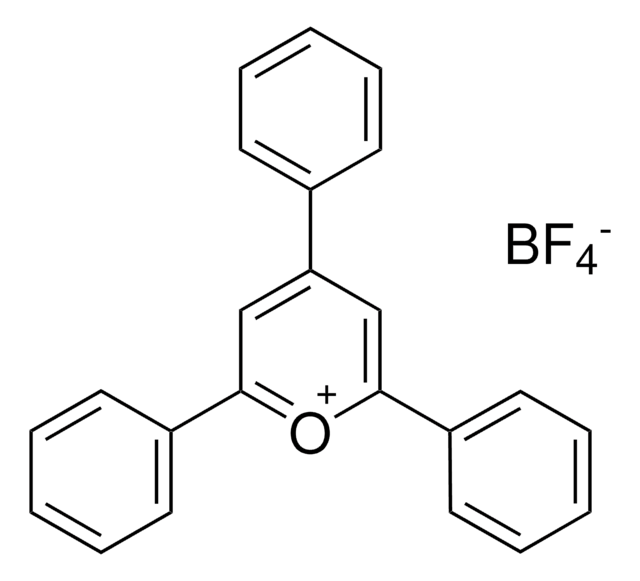908185
3DPA2FBN
≥95%
Synonym(s):
2,4,6-Tris(diphenylamino)-3,5-difluorobenzonitrile
About This Item
Recommended Products
Assay
≥95%
form
powder or crystals
reaction suitability
reagent type: catalyst
reaction type: Photocatalysis
mp
280-281 °C
photocatalyst activation
455 nm
SMILES string
Fc1c(c(c(c(c1N(c7ccccc7)c6ccccc6)C#N)N(c5ccccc5)c4ccccc4)F)N(c3ccccc3)c2ccccc2
InChI
1S/C43H30F2N4/c44-39-41(47(32-19-7-1-8-20-32)33-21-9-2-10-22-33)38(31-46)42(48(34-23-11-3-12-24-34)35-25-13-4-14-26-35)40(45)43(39)49(36-27-15-5-16-28-36)37-29-17-6-18-30-37/h1-30H
Application
Product can be used with our line of photoreactors: Including Penn PhD (Z744035) & SynLED 2.0 (Z744080)
related product
Storage Class Code
11 - Combustible Solids
WGK
WGK 3
Flash Point(F)
Not applicable
Flash Point(C)
Not applicable
Choose from one of the most recent versions:
Certificates of Analysis (COA)
Don't see the Right Version?
If you require a particular version, you can look up a specific certificate by the Lot or Batch number.
Already Own This Product?
Find documentation for the products that you have recently purchased in the Document Library.
Customers Also Viewed
Related Content
Photoredox catalysis utilizes photocatalysts in the presence of visible light to form an array of synthetic transformations including, but not limited to, cross-coupling, C-H functionalization, alkene and arene functionalization, and trifluoromethylation.
Our team of scientists has experience in all areas of research including Life Science, Material Science, Chemical Synthesis, Chromatography, Analytical and many others.
Contact Technical Service
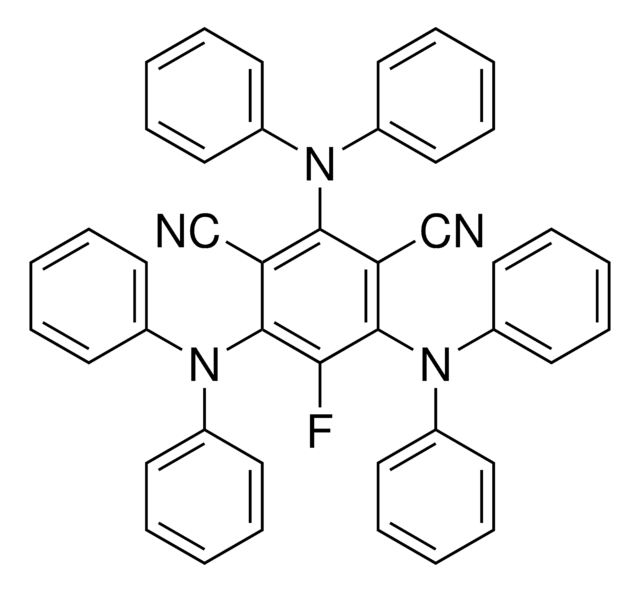
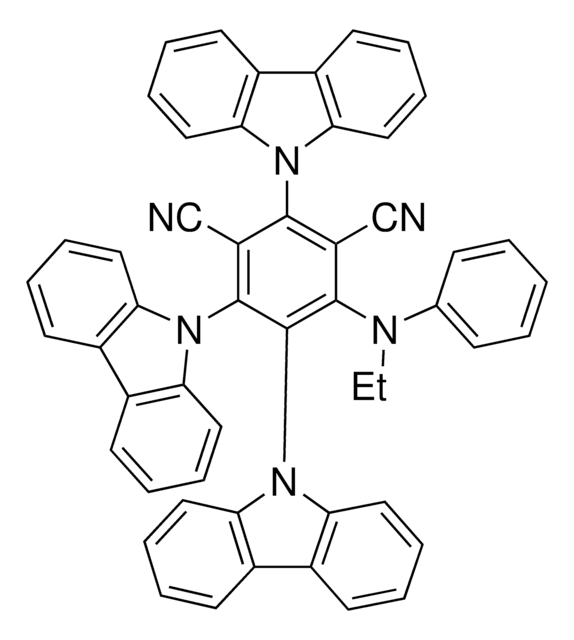
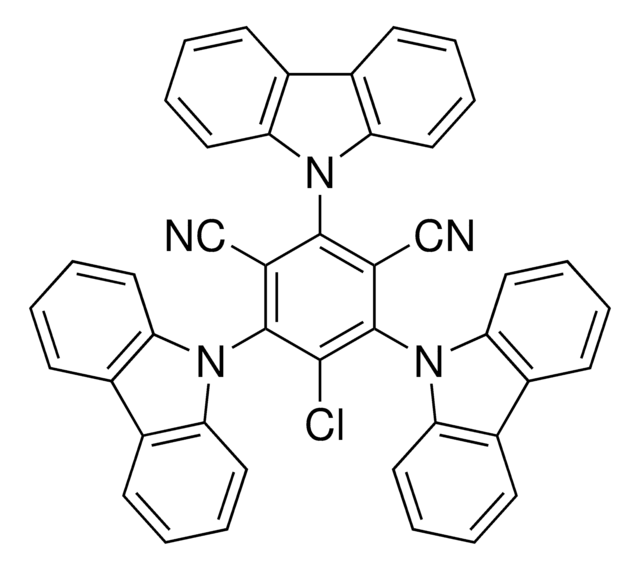

![(Ir[dF(CF3)ppy]2(dtbpy))PF6](/deepweb/assets/sigmaaldrich/product/structures/982/913/02dd8ddd-6deb-40a0-ab9b-07b18f1abb09/640/02dd8ddd-6deb-40a0-ab9b-07b18f1abb09.png)
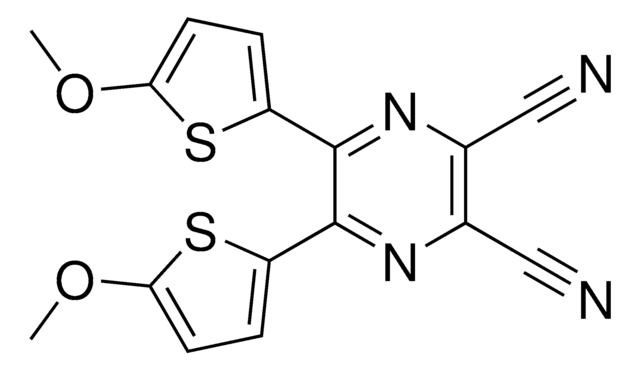
![[Ir(dtbbpy)(ppy)2]PF6](/deepweb/assets/sigmaaldrich/product/structures/158/329/2544d673-d267-4aa1-8f46-2652aad4bfa0/640/2544d673-d267-4aa1-8f46-2652aad4bfa0.png)
![[Ir(dFCF3ppy)2-(5,5’-dCF3bpy)]PF6 ≥95%](/deepweb/assets/sigmaaldrich/product/structures/422/901/e00f3148-fb86-4f94-9e79-21d064c3f327/640/e00f3148-fb86-4f94-9e79-21d064c3f327.png)
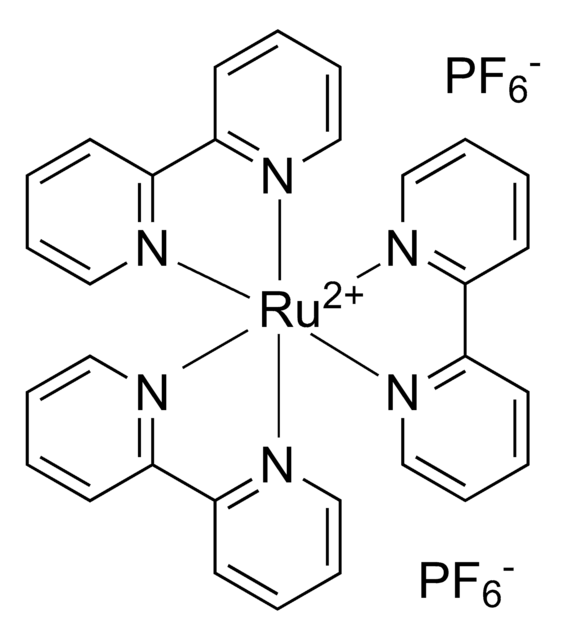
![Tris[2-phenylpyridinato-C2,N]iridium(III) 97%](/deepweb/assets/sigmaaldrich/product/structures/167/234/658d0b76-d31d-4fd5-8041-e04e207227c9/640/658d0b76-d31d-4fd5-8041-e04e207227c9.png)

